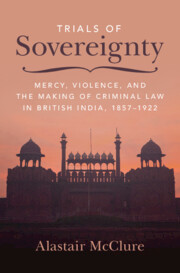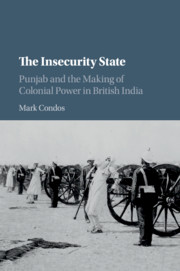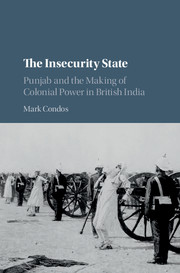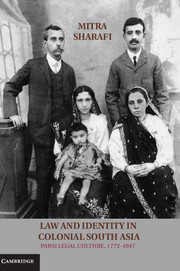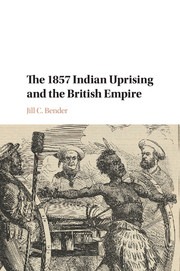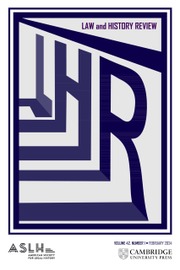Trials of Sovereignty
Trials of Sovereignty offers the first legal history of mercy and discretion in nineteenth and twentieth-century India. Through a study of large-scale amnesties, the prerogative powers of pardon, executive commutation, and judicial sentencing practices, Alastair McClure argues that discretion represented a vital facet of colonial rule. In a bloody penal order, officials and judges consistently offered reduced sentences and pardons for select subjects, encouraging others to approach state institutions and confer the colonial state with greater legitimacy. Mercy was always a contested expression of sovereign power that risked exposing colonial weakness. This vulnerability was gradually recognized by colonial subjects who deployed a range of legal and political strategies to interrogate state power and question the lofty promises of British colonial justice. By the early twentieth century, the decision to break the law and reject imperial overtures of mercy had developed into a crucial expression of anticolonial politics.
- Demonstrates how mercy and terror were related expressions of sovereign power and explores the unevenness of state violence across the Indian social order
- Provides social and political context for powerful institutions, codes, and courts that will be useful for historians and legal scholars interested in modern South Asia
- Presents vital historical context and analysis for a hugely contentious issue in contemporary Indian politics
Reviews & endorsements
‘In this fresh and stimulating book, Alastair McClure explores the recalibrations of colonial rule which took place in the loop between calamitous violence and the exercise of mercy, between harsh punishment and its mitigation. We get a full sense of the impact of the 1857 rebellion on the codification of criminal law, and the accommodation in it of vast areas of judicial discretion to uphold both race privilege and unequal categories of colonial subjecthood. This is fine-tuned and rigorous scholarship, a major contribution to our understanding of colonial sovereignty in India and its unwinding.’ Radhika Singha, author of A Despotism of Law: Crime and Justice in Early Colonial India
‘Trials of Sovereignty offers a compelling history of the ensnaring promise of mercy and its rejection in colonial India. Breaking with the conventional idea that sovereignty was solely built on state violence, Alastair McClure traces how terror and mercy were wielded as related expressions of sovereign power in the courtroom. From the last Mughal emperor to Mohandas Gandhi, McClure's meticulous analysis of modern India’s iconic political trials unearths mercy's fingerprints throughout colonial legal history. Because mercy was a crucial colonial tool for curtailing political rights and upholding a hierarchical social order, its rejection was pivotal to ideas of anti-colonial liberation. Trials prompts us to ask: who has the right to punish and by what measure? Posed as a question for the historian, McClure lays bare its significance to our unfinished present.’ Bhavani Raman, author of Document Raj: Writing and Scribes in Early Colonial South India
Product details
November 2024Hardback
9781009553544
386 pages
235 × 159 × 29 mm
0.73kg
Available
Table of Contents
- List of Figures and Tables
- Acknowledgements
- List of Abbreviations
- Introduction
- 1. Forgetting War and Punishing Crime
- 2. The Peace: The Queen's Proclamation and the Politics of Forgiveness
- 3. The Code: Judges, Juries and Punishing Difference
- 4. Discretion, the Death Penalty, and the Criminal Trial
- 5. Pardons and Scaffolds
- 6. Tilak's Radical Innocence: Mercy, Sedition, and the State Trial
- 7. Gandhi's Guilt and the Return of War
- Conclusion
- Epilogue
- Select Bibliography
- Index.

